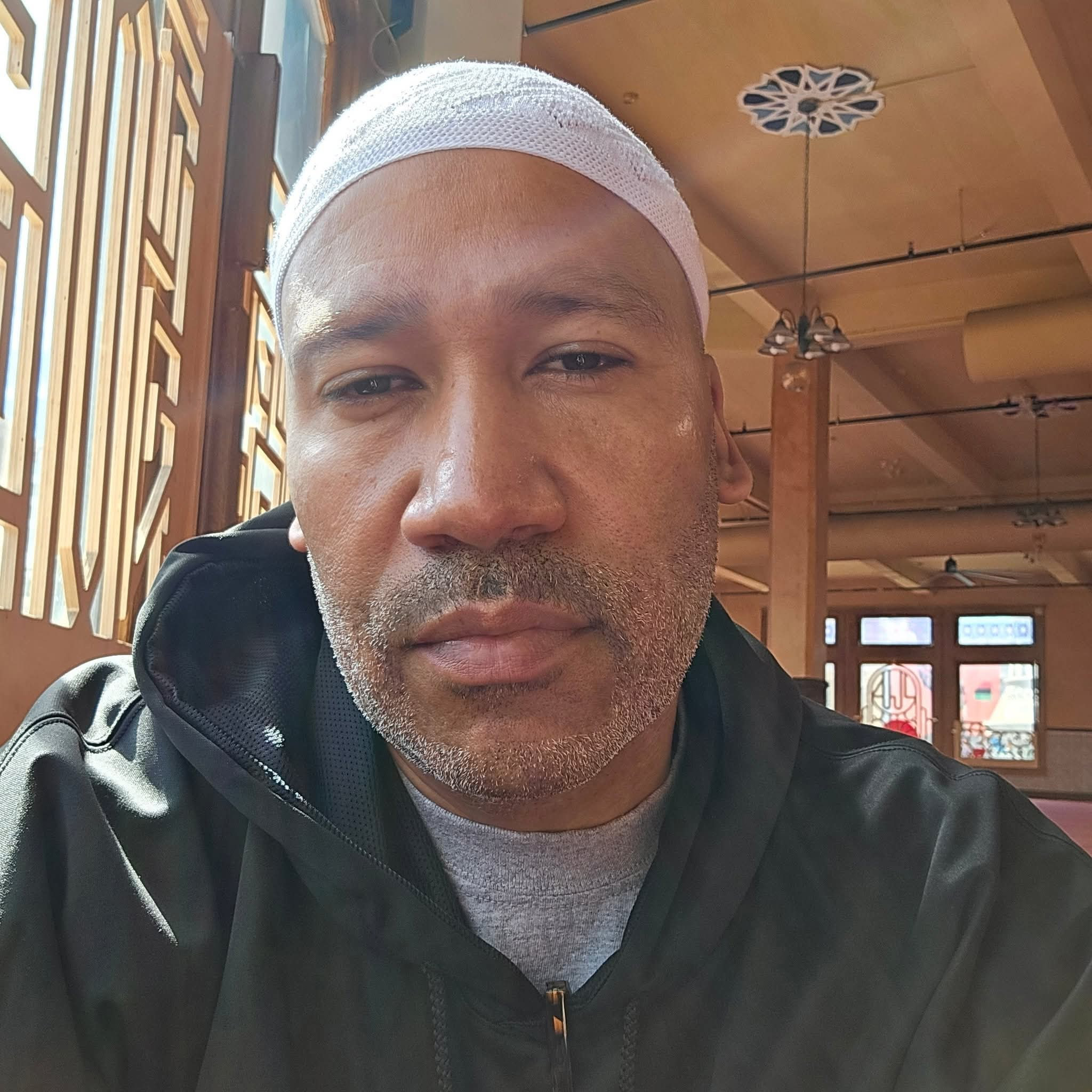Selection Process
Applications will be reviewed by a diverse panel of film and reentry leaders, including formerly incarcerated artists and industry professionals. After an initial review, finalists will be invited for interviews. Selection is based on creative vision, commitment to community impact, and readiness to engage in the fellowship’s collaborative learning environment.
Panel Reviewers Include: Antwan “Banks” Williams, MikeRae Anderson, Kamisha Thomas, D’Angelo Louis, Brian Gonsoulin, Sara’o Bery (A24), and Cousin Shy.
Partner Organizations
Empowerment Avenue – Fiscal sponsor and administrative home for the fellowship.
Ahimsa Collective, CROP, Catholic Hospitality Houses – Reentry and housing support.
FEEL, Ri-Karlo Handy Foundation – Financial literacy and technical training.
A24 – Industry mentorship and creative support.
Manifest Works – Professional development and workforce pipeline partner

%20(1).png)

.png)
